Long before Arne Slot was leading Liverpool to a top-flight title, he was carving out his own playing career. In an extract from a new book about the Dutchman, we delve into his rise from a player into a title-winning manager:
Extract from ‘Arne Slot – The Biography‘, written by Maarten Meijer.
No one could have imagined that the world of professional football would eventually reward Arne Slot with a real-estate portfolio that included a beachside apartment in Egmond aan Zee and a monumental 1881 early Art Nouveau villa in the heart of Zwolle.
His career as a player was over before it really got started. Dutch sports reporter Sierd de Vos once called Slot the ‘Xavi of Bergentheim’.
Slot still considers it the biggest compliment he received in his playing career, but it might be a touch generous, given the testimony of former teammates that he was never especially quick or nimble.
Coach Ben Hendriks gave Arne Slot his debut at FC Zwolle as a 15-year-old. He also made him team captain. In 1995, Slot got into Zwolle’s first team as a 17-year-old.

It was the beginning of 18 years in the margins of professional football as a gifted but cautious technician, with the through ball his weapon of choice. Slot’s playing style was devoid of the dynamism and speed that were to be the defining characteristic of the teams he managed.
Although there were few complaints about his abilities and insight, his body looked a bit frail. Slot mostly played at the same tempo throughout the game, without any bursts of speed.
Although he recognised the moments for deep runs, he couldn’t make them. Due to his limited physical power and range of action, he had to be smart to survive in professional football.
He never came anywhere near the level of his dream club FC Barcelona and fell well short of the quality of his childhood idols Marco van Basten and Dennis Bergkamp. Still, he eventually became an effective goal-scoring midfielder.
Typing Arne Slot into YouTube will yield a skimpy selection of footage of his time on the ball. Slot was a stylist, someone who compensated for his lack of physical strength and running capacity with technical finesse and tactical ingenuity. He produced smart receptions and subtle passes.
Jan Everse was appointed as Zwolle’s manager in 1996. Slot’s professional debut before Everse’s arrival came in a team that would finish in 15th place in the Dutch second division. He was best suited to play as a number 8 or number 10.
Everse saw a technical player with a good vision of the game. A lot of people had the idea that Arne was lazy and phlegmatic, that he didn’t put much effort into it. But that wasn’t true. You just shouldn’t expect sliding tackles from Arne.
Slot’s start under Everse was not smooth, with many injuries and a lot of sitting on the bench. “He had some trouble with that, because he thought he was good. He didn’t doubt his own qualities. Arne was young and a bit stubborn, so I said, ‘Invest in yourself, otherwise you will always remain in doubt’.”

That message got through. But it took nearly 18 months for him to establish himself in Zwolle’s starting XI.
“Sometimes he would get 20 or 30 minutes. He was wondering why he was not playing more. I would say to him, ‘Arne, you are my best player. But the problem is that when we lose the ball, you do nothing. We cannot just rely on our qualities when we have the ball. It’s not enough in modern football. You have to do more. You have to put pressure on the ball. You have to defend. You are a very good passer, but if you only touch the ball 15 times in a game, you do not have value for my team’.”
Everse remembers seeing a development in Slot’s game and told him that he would eventually make it into the team. When Slot took his coach’s advice to heart, he grew into an undisputed regular.
Slot admitted that, when playing against better teams in the Eredivisie, “without the ball, I wasn’t that good. At a lower level with Zwolle, playing with the ball, I looked much better. I think that as a player I already was a coach. I really am more a coach than a player. Near the end of my playing career, I thought a lot about football.”
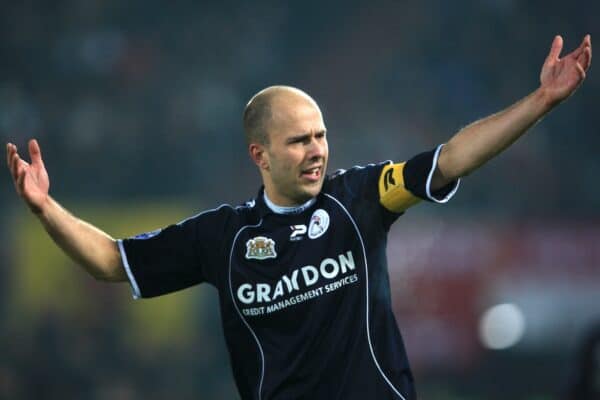
At the end of the 2001-02 season, FC Zwolle won the Eerste Divisie title and returned to the Eredivisie after an absence of 13 years. Slot ended that final season, in which he played all 34 competition matches, with promotion to the top league.
He spent seven years at the club and scored 50 goals in 164 appearances. The 23-year-old then left for NAC Breda, who at that time played European football.
The constant criticism from notoriously hard-to-please NAC manager Henk ten Cate disheartened Slot. “I had to go deeper, every training, every match. We reached fourth place, but I was happy he left, so that I was released from the burden. With hindsight, it was a pity. The way I played back then, NAC need not have been my top team.”
Ten Cate did not particularly select Slot for abuse; he was tough on everyone. It was his style. Slot’s colleagues thought their new teammate was too restrained and struggled with making the transition from the calmer atmosphere in Zwolle to the tough climate of NAC.
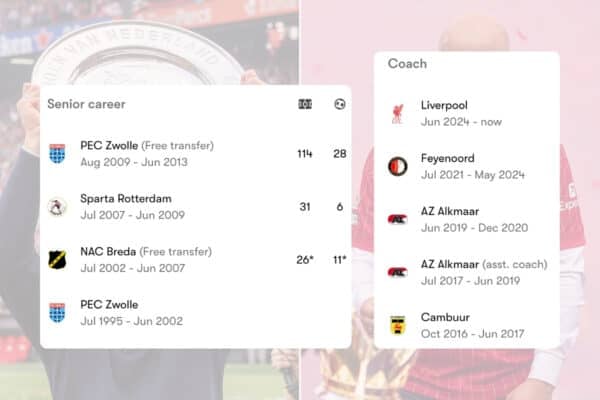
One of Slot’s hang-ups was his lack of pace, something he has in common with some other Dutch former players who became successful coaches, such as Guus Hiddink and Louis van Gaal. Whatever they lacked in brawn, they compensated with brain. They had to think about football and did so very effectively. Slot’s lack of speed would be a blessing in disguise for his managerial career.
Slot said, “I came from Zwolle, where we already played a good positional game. That made the adjustment easier in terms of football. But that alone was not enough. Henk demanded more from you and he forced it. ‘Good morning’ – that is what I remember.
“Henk always shouted that when someone made a bad pass. ‘Good morning, what a bad ball’. The basis of my coaching is positional play. I was raised with that by Jan Everse, Dwight Lodeweges and later Henk. I still go back to [training] forms from that time, which you, of course, adapt to the spaces in which you want to train.
“My best year as a footballer was under Henk. He was demanding. I never ran as much as in that season. I was often the middle man in positional play, but in between we had to make those runs. I tried to save myself and Henk saw that. ‘Keep moving!’ he shouted. I just thought: ‘Oh dear, those runs’. But you felt yourself getting fitter, and when you get fitter, your level goes up.”
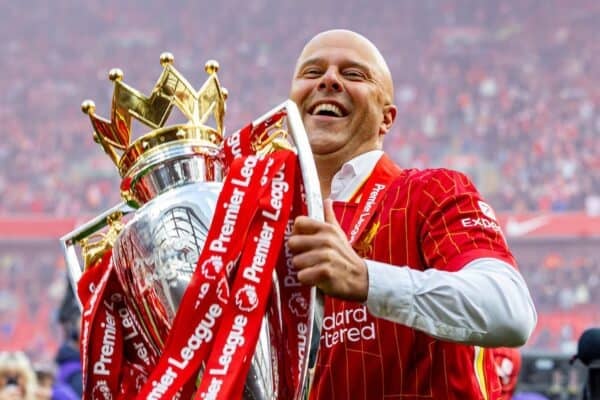
Ten Cate was an old-school coach, hard and direct. Slot’s approach tends to be more thoughtful and focused on maintaining good relationships, but he does not shy away from confrontation when needed.
Some commentators have come to think of him as a laptop manager, someone who coaches his team based on data.
“People think it’s just about magnets on a tactics board for me. But data are accessories. In my view, what matters in football management is how you interact with people. You have to have some sense of what generation you are working with.
“You’re constantly busy with the psychology of the players. Mistakes have to be exposed. Of course, you deal differently with every player. One prefers watching the examples of other players, the other rathers footage of himself. If you regularly give compliments, you can more easily criticise when it is necessary.”
The above is an extract from ‘Arne Slot – The Biography‘, written by Maarten Meijer. It is out now in hardback and eBook here.
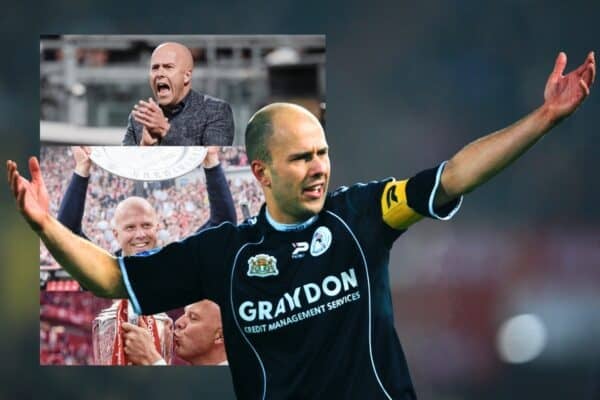




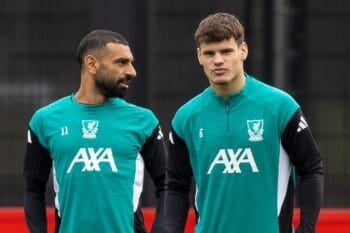



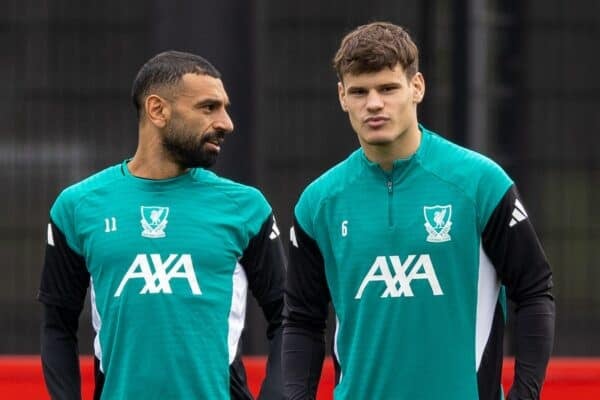

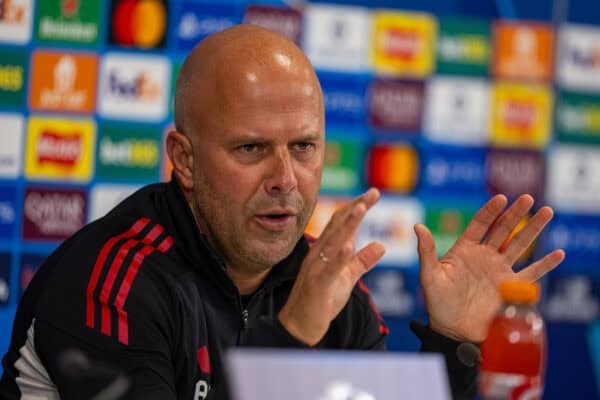






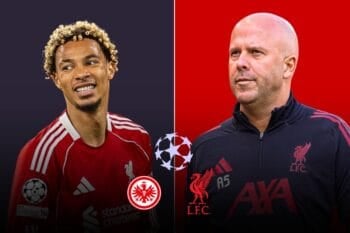
Fan Comments